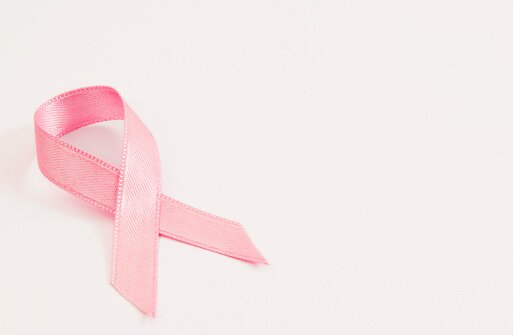A Daily Multivitamin Could Help Keep Cancer At Bay
In the past, there have been many feeble (often laughable) take-downs of supplements and multivitamins by relentless naysayers. The old rhetoric that taking a daily multivitamin gives you nothing more than expensive urine springs to mind…
Of course, bogus claims like this are simply is not true and considering that many of us are deficient in essential vitamins and minerals like vitamin A, C, D, E, calcium and magnesium (to mention but a few), taking a daily multivitamin can go a long way to help prevent nutritional deficiencies.
Lasting benefits
Previously I told you about two large supplement and vitamin studies that showed how beneficial a daily multivitamin can be.
The first study, published in the Journal of the American College of Nutrition, noted that participants who took multivitamins were less deficient in micronutrients than those who didn’t — debunking the myth that multivitamins wash right through you and end up in the toilet.
The second study showed that taking a daily multivitamin potentially lowered cancer risk by 27 per cent among men with a history of cancer and 8 per cent among those with no previous history.
According to the researchers, that could mean preventing “approximately 68,000 cancers per year if all men were to use similar supplements”. And this wasn’t just a tiny study, either. The researchers used data from the Physicians Health Study II, which involved almost 15,000 doctors with an average age of 64 — and tracked them for 11 years.
In another recent study, leading US researchers, from the Albert Einstein College of Medicine, found that the difference between beating breast cancer or becoming one of its victims may all come down to the multivitamin you pop every morning.
The study, published in the journal Breast Cancer Research and Treatment, is considered to be one of the largest ever of its kind. The researchers analysed the medical records of 161,608 women between the ages of 50 and 79. Their results showed that taking a daily multivitamin could slash your risk of dying from breast cancer by an astounding 30 per cent.
Lead researcher, Prof. Wassertheil-Smoller, a Professor of Epidemiology and population health, said: “Our results show that there was a protective effect. Almost all of these women took a multivitamin before they developed breast cancer. So it’s not like we’re saying that once you get breast cancer, you should take multivitamins.”
Dr. Janice Lu, director of medical oncology at Stony Brook University Hospital, who specialises in breast cancer, said the findings are intriguing because they echo results involving vitamin D research. She added that “This is very similar to a report on vitamin D, which was found to lower the risk of a breast cancer recurrence”. She said that she always advises her patients to maintain healthy vitamin D levels especially when their levels are low.
To echo what Prof. Wassertheil-Smoller said, by no means could multivitamins potentially fight cancer. However, if they increase your chances of survival then there is no harm in starting a supplement regime.
And as always, talk to your doctor about a regimen that will suit and benefit you the most.
Did you find this information useful?
Then why not get more expert health recommendations just like this delivered direct to your inbox?
"It is truly refreshing to read a newsletter on the topic of alternative medicine which is scientifically based and reviewed by professionals..." - Robert Sinott
No spam pledge: We’ll never rent, misuse or abuse your email address. As The Daily Health is a free e-letter, you will occasionally receive carefully selected advertising messages from us and third parties. By signing up, you are consenting to receive these promotions. You can unsubscribe at any time. See our privacy policy.Disclaimer: Bear in mind the material contained in this article is provided for information purposes only. We are not addressing anyone’s personal situation. Please consult with your own physician before acting on any recommendations contained herein.
Sources:
“Association of Multiple Biomarkers of Iron Metabolism and Type 2 Diabetes: The EPIC-InterAct Study,” Diabetes Care 2016 Apr;39(4):572-81












